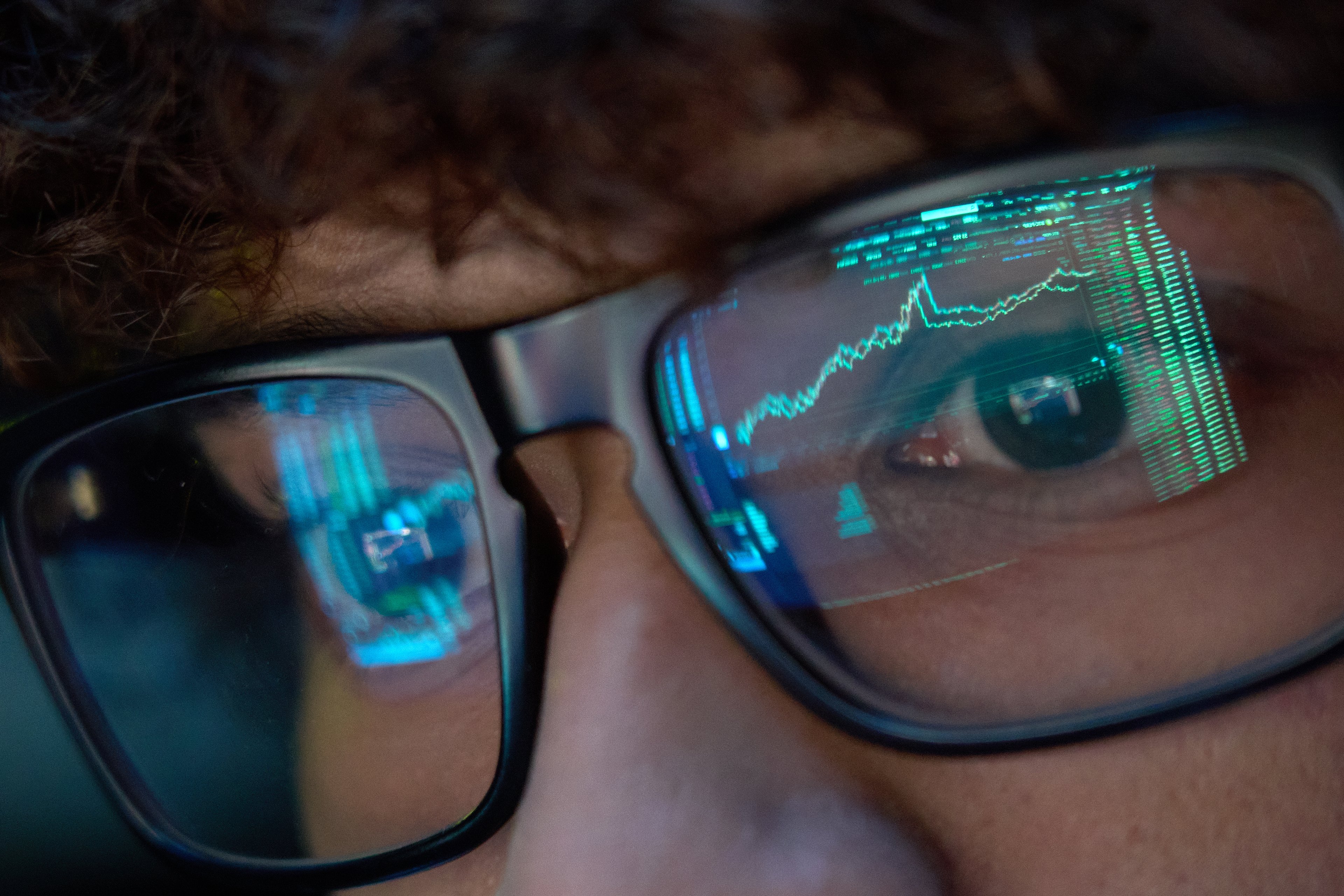
Image source: Getty Images.
What happened
After U.S. patent regulators invalidated the third of five patents protecting Copaxone sales, shares in Teva Pharmaceutical (TEVA 0.90%) fell steadily throughout October to finish down 7.1% on the month, according to S&P Global Market Intelligence.
So what
In September, the U.S. Trial and Appeals Board struck down yet another patent protecting Teva Pharmaceutical's multibillion-dollar blockbuster multiple sclerosis drug Copaxone. The invalidation of the patent marks the third such decision this year, and it leaves Teva Pharmaceutical relying on two remaining (and somewhat similar) patents to keep biosimilar drugmakers on the sidelines.
The stakes for Teva Pharmaceutical are undeniably high. The company has already lost patent protection on its once-daily 20mg formulation of Copaxone; if it loses patent protection on its thrice-weekly 40mg formulation, then up to $4 billion in annual sales could end up being up for grabs.
Generic competitors are already challenging the remaining two patents. One of the two patents was previously upheld, but an appeal has been filed that could reverse that win for Teva Pharmaceutical. A ruling in a civil trial involving four of the five patents is expected early next year, and a decision from the U.S. Court of Appeals for the Federal Circuit is anticipated in 2018.
Now what
If the risk to Copaxone wasn't enough to make investors nervous, a Bloomberg article on Nov. 3 reported that price-fixing charges could be on deck for generic drugmakers and executives by the end of the year. The Department of Justice has been investigating the generic drug industry for price collusion, and if there's enough evidence, Teva Pharmaceutical's future outlook could become more uncertain.
While there are reasons for investors to fret, there are also reasons for optimism. Teva Pharmaceutical is a Goliath in generic drugs, and a recent $40 billion acquisition of Actavis' generic drug business has made it even more of a force in the market. The company has delivered significant compounded annual revenue growth over time, and based on current industry watchers' projections, the drop in Teva Pharmaceutical's share price has reduced its forward price-to-earnings ratio below 7. That's arguably inexpensive enough to make this company intriguing, especially to risk-tolerant investors.






